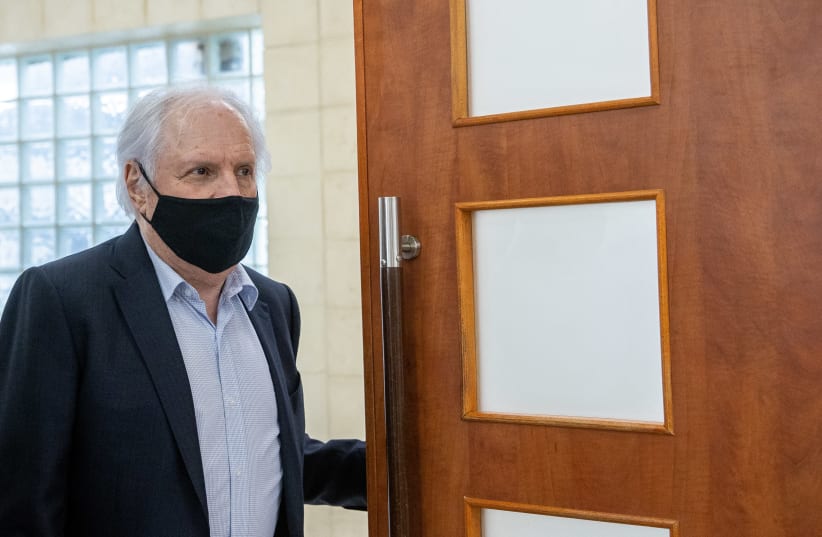The defense in the public corruption trial of Prime Minister Benjamin Netanyahu and Bezeq and Walla owner Shaul Elovitch tried to dismiss almost half of the bribery charges in one fell swoop on Monday before the Jerusalem District Court.
In day three of cross-examining Ilan Yeshua regarding Case 4000, the “Bezeq-Walla Media Bribery Affair,” Elovitch lawyer Jacques Chen got the former Walla CEO to admit that the sale of Yad2 to German publishing house Axel Springer SE in May 2014 was not part of any bribery scheme.
Elovitch’s sale of Yad2 earned him around NIS 800 million of the NIS 1.8 billion which the state has said were part of the bribery scheme.
If Yeshua’s admission convinces the court, that NIS 1.8 billion would suddenly drop to a maximum of NIS 1 billion, much of which relates to the Bezeq-YES merger deal from 2015.
Essentially, Chen portrayed the Yad2 sale as a legitimate transaction in which Yeshua himself reaped an NIS 15 million bonus.
Yeshua confirmed to Chen that he had strategized with Elovitch about how to influence the Communications Ministry as well as Walla’s reporting in order to get the Yad2 deal approved because he thought that if it failed, it would “be a national disaster for the state.”
He also believed it was valid for him to get a bonus for helping push the deal through, something which strengthens the defense argument that the former Walla CEO was acting in his own interest, and not for some kind of bribery scheme connected to Netanyahu.
Further, Yeshua blamed “bad personal relations” as opposed to serious policy considerations between Elovitch and then-communications minister Gilad Erdan for the deal’s approval being temporarily held up.
The prosecution’s position on the issue appears to be that Yeshua’s role for them in the case is to confirm that a media bribery scheme was occurring for years.
Yeshua has confirmed this extensively for the Bezeq-YES merger deal.
This means the prosecution does not feel that they need to rely on his narrative for defining the exact starting or ending point, such that even if Yeshua believes Elovitch and Netanyahu acted legally during the Yad2 deal, this might just come from his lack of a legal background.Moreover, the prosecution's view is that it does not even matter if the Yad-2 deal was bad policy (it asserts strongly that the bezeq-YES merger was bad policy), only that Netanyahu used his powers as a public servant in part of a coordinated scheme to gain an illegal benefit of extraordinary control of Walla media coverage.
However, for the defense, getting Yeshua “on their side” for such a large chunk of the case can undermine the prosecution’s broader argument of their being a pattern of media bribery even where Yeshua supports the prosecution.
Another point where the defense undermined the prosecution was regarding the headline-making text Elovitch sent Yeshua saying Netanyahu “would commit suicide for me” to show the commitment of both sides to the media bribery scheme.
While the prosecution presented this as damning proof for its case, the defense demonstrated while questioning Yeshua that Elovitch exaggerated his closeness to Netanyahu on many occasions.
On one occasion, Elovitch told Yeshua that Netanyahu ate at Elovitch’s residence, though this did not occur.
Moreover, Elovitch took the specific statement that Netanyahu “would commit suicide for me,” from an alleged conversation that a third-party medical provider had supposedly told Elovitch that Netanyahu had told him.
However, Elovitch has never spoken to this medical provider.
This means that even though Elovitch’s text to Yeshua is undeniable, the defense can argue it was just another exaggeration and did not reflect Netanyahu’s actual intent or mental state.
